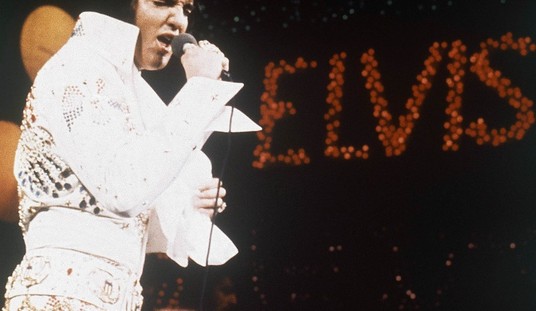Here’s some food for thought from the English historian Andrew Roberts writing at The Daily Beast.
Hosni Mubarak might just survive the current assault on his administration. If he does, there won’t be any more invitations to Cairo for American Presidents. Turns out that even as Obama was slobering over “the timeless city of Cairo” and feting the Egyptian President in Washington, Washington knew about and abetted efforts to brings about “regime change” in Egypt. Message to Mubarak: Don’t trust the Americans.
But what if, as is more likely, Mubarak falls? Andrew offers these sobering reflections:
Should he fall, and his place be taken at any stage by the Muslim Brotherhood, the Republican narrative for the next presidential election will be obvious. Truman lost us China; Johnson lost us Vietnam; Carter lost us Iran, and now Obama has lost us Egypt. You can’t trust the Democrats in foreign policy. Argue over the historical minutiae if you like—was LBJ more or less to blame than JFK or Nixon, for example—but if Cairo goes Islamist the overall narrative will be compelling. [My emphasis.]
For if history bears witness to anything about mob-led uprisings it is this: Revolutions eat their children. It is too universal an historical phenomenon to ignore. As you consider the future of Mohamed ElBaradei in Egypt, remember that Oliver Cromwell took over the English Revolution, not John Pym who started it. Napoleon was heir to the French Revolution, not Abbé Sieyes, a serial writer of constitutions that were never adopted for long.
I see articles with titles like “A proud moment in Egypt’s history” sprouting up here and there. Even my friend Anne Applebaum — usually a percipient judge of such matters — seems dazzled by the spectacle in Egypt. “Change is good,” she writes, neglecting to reflect on the fact that change may also be bad, very bad (a truth eloquently pointed out by Scott Johnson at Powerline).
But to return to Andrew Roberts. What is happening now in Egypt could hardly be more minatory. Should Mubarak falls, we won’t see Nobel Peace Prize winners at the levers of power there, not, anyway, for long. Look for some version of Islamist fundamentalism, probably orchestrated by the Muslim Brotherhood, to seize power. As Andrew notes,
History shows how small, extremist, determined, and, above all, well-organized revolutionary cadres tend to succeed out of all proportion to their numbers against amorphous, well-meaning, middle-class liberals.
Lenin usurped the Russian revolution only eight months after Alexander Kerensky toppled the Czar. ElBaradei might well be fated to play the role in Egypt that was played by Shapour Bakhtiar in Iran or Bishop Abel Muzorewa in Zimbabwe, of the stopgap figure who is acceptable to the West but soon swept away by the far more extreme Khomeini and Mugabe, respectively. Timeless Cairo itself provides the example of Mohammed Naguib, who lasted only 17 months as president of Egypt after the revolution that toppled King Farouk, before being ousted and placed under house arrest for 18 years by Nasser. Those who unleash the tiger very rarely ride it for long.
Meanwhile, back at home, I rather doubt Barack Obama will be campaigning on “hope and change” again. People have lost hope and the are, understand, fearful of change.








Join the conversation as a VIP Member